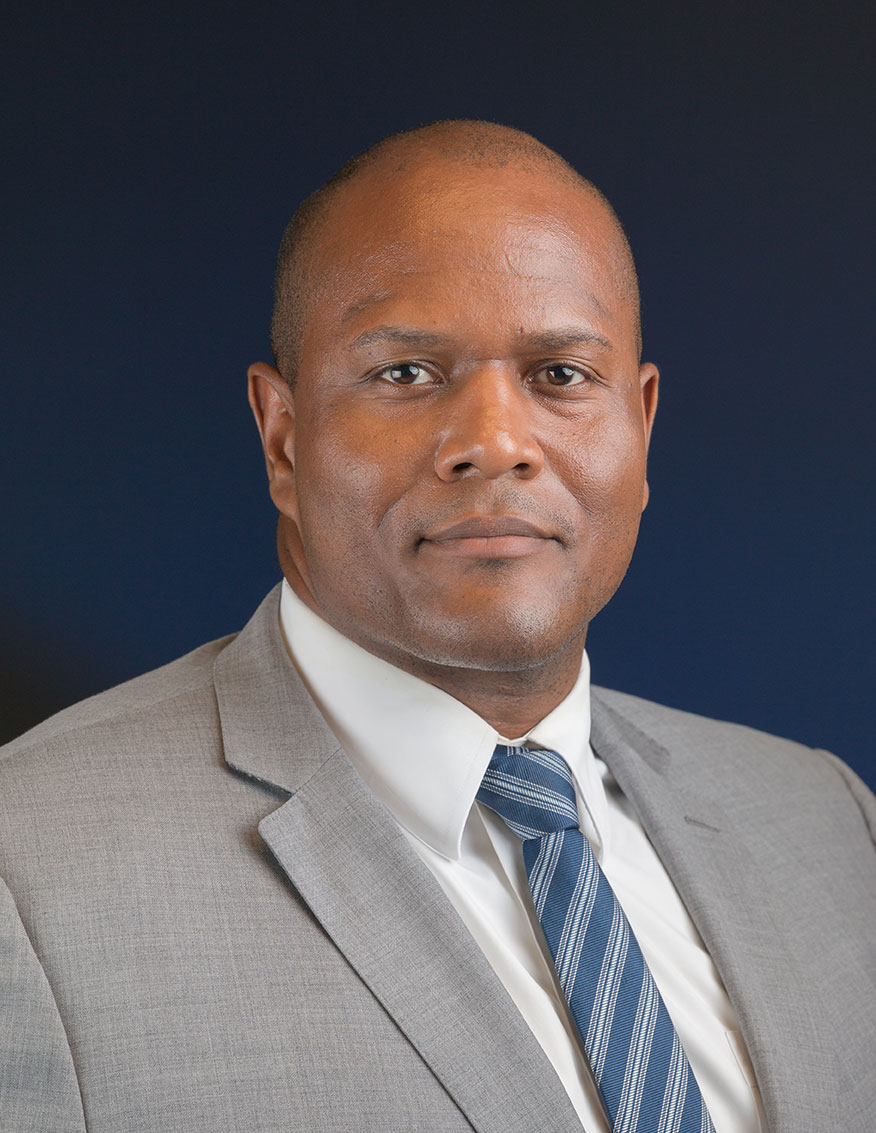Bipartisan package would allow athletes to be paid through endorsements
LANSING — State Rep. Joe Tate (D-Detroit) testified in the House Oversight Committee yesterday in support of his House Bill 5218, which would allow NCAA student-athletes in Michigan to be compensated for their name, image and likeness, as well as sign with an agent, actions currently forbidden under NCAA amateurism rules. The other bill in the package, HB 5217, is sponsored by state Rep. Brandt Iden (R-Portage).
“Collegiate athletics have become a legitimately profitable business over the past few decades, but due to these outdated rules, the athletes themselves are left on the outside looking in,” said Tate, who played football at Michigan State University. “This will take some work to implement in the right way, but I think these bills are an excellent first step toward creating a more fair, equitable environment for our student-athletes.”
In late 2019, the NCAA’s governing board voted unanimously to allow student-athletes to earn compensation from the use of their name, image and likeness in ‘a manner consistent with the collegiate model’. The board asked each division (Divisions I, II and III), to create rules for implementation between now and January 2021.
“While the NCAA has seemingly come around on the idea, the fact that they have fought this change for so long makes me wary of whether or not it’s truly a priority for them,” said Tate. “Our bills would codify these rights for student-athletes in Michigan regardless of how the NCAA chooses to move forward.”
The NCAA has regularly reported annual revenues of over $1 billion, largely due to TV contracts and marketing fees associated with its most prominent sports and events, such as their Division 1 Men’s Basketball Tournament.
“These amateurism rules overwhelmingly affect black student-athletes and their ability to monetize the skills they have worked so hard to hone,” said state Rep. Cynthia A. Johnson (D-Detroit), Democratic Vice Chair of the House Oversight Committee. “The NCAA has been raking in profits on the backs of these players for decades – this is about giving just a portion of that power and control back to the individuals.”
According to statistics from the NCAA’s Demographics Database, African Americans make up a majority of the student-athlete population for the two most popular, profitable sports — men’s basketball and football. In 2018, 48 percent of all student-athletes in football programs were black, while white student-athletes made up 37 percent of the population. Men’s basketball displayed an even more drastic difference, with 56 percent black players, and 24 percent white.
The bills now move to the House Ways and Means Committee for further consideration.
###

